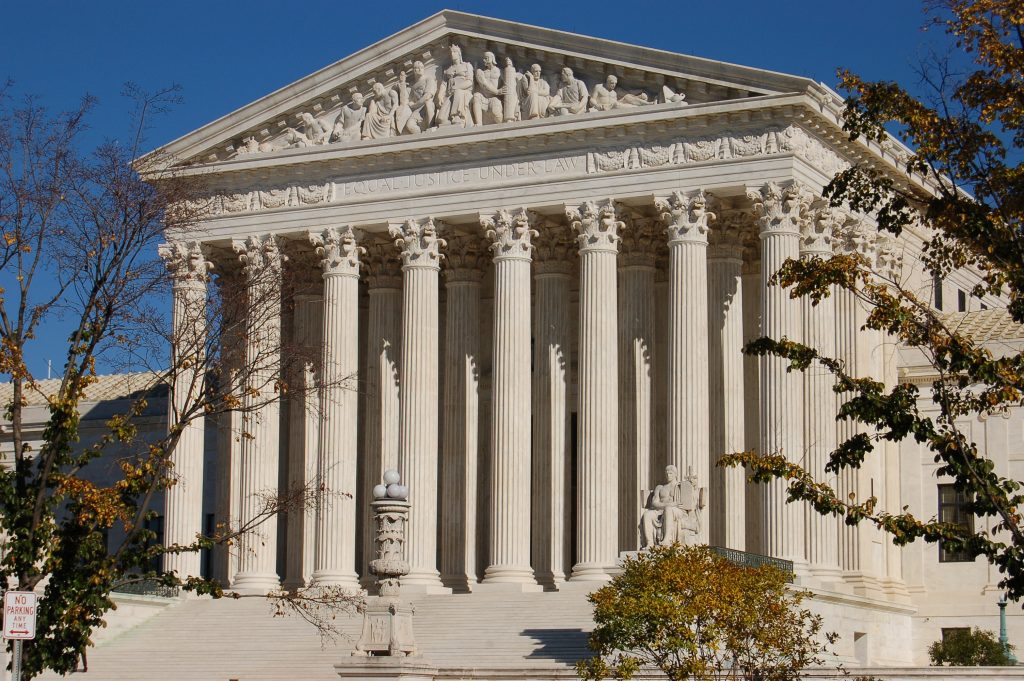
We are a nation of laws, not proclamations, despite what our current (and previous) president seem to think. Sometimes laws are passed that enable the executive branch to have some discretion in the enactment of the law. Thus, Presidents and indeed governors can make some policy decisions if the law allows them. When the executive branch acts contrary to a law, we sometimes get the judicial branch deciding just what the law should say. But clearly written laws avoid such a mess.
When Proposition 2 passed by initiative last November and the Acting Governor Brad Little and Secretary of State Lawrence Denney signed it two weeks later, it became the law of the state of Idaho. It was a simple law that directed the Idaho Department of Health and Welfare to change Medicaid eligibility in Idaho. With this law people who previously could not access health insurance on the Idaho health insurance exchange because they had too little income, become eligible for Medicaid health insurance. The initiative language was consistent with the language of the Affordable Care Act, which became federal law in 2010, and still is the law of the land.
Six months later the Idaho legislature passed, then Governor Little signed SB 1204 and that became law immediately, April 9th, 2019. This law had many provisions asking the Idaho DHW to request waivers of the federal government so that Idaho’s Medicaid plan could be different than laid out in federal law.
But the drafters of the “Medicaid Sideboards” knew they were out on a limb. They were warned and considered that what they were asking might not fly with federal statute. They did the honorable thing and included an escape clause in amongst their laundry list of waiver requests. Here it is, from Idaho Code Title 56, Chapter 2:
Eligibility for medicaid as described in this section shall not be delayed if the centers for medicare and medicaid services fail to approve any waivers of the state plan for which the department applies, nor shall such eligibility be delayed while the department is considering or negotiating any waivers to the state plan. The department shall not implement any waiver that would result in a reduction in federal financial participation for persons identified in subsection (1) of this section below the ninety percent (90%) commitment described in section 1905(y) of the social security act.
This is important for Idaho because this is exactly where the state of Utah finds itself now. Utah passed a similar initiative to Prop 2, but then the Utah legislature did about what the Idaho legislature did and directed the state to ask for waivers to limit the full expansion. The Trump administration has indicated they will deny those requests.
Obama administrators did the same, denying waiver requests from states who wanted partial expansion or added tough sideboards. Their intent was to encourage states to do full expansion.
But now, the Trump administration is betting on its lawsuit to get the whole ACA declared unconstitutional, as they argued before the US 5th Circuit Court of Appeals. A decision on this will be coming in the next few weeks. Then it likely will be appealed to the US Supreme Court.
But for now, the ACA, and Idaho’s Proposition 2, and the sideboards bill are all laws of the land. It was a noble thing for Idaho lawmakers to include the “escape clause” in their bid for sideboards and I applaud them for that consideration. It is hard to proceed on these shifting sands.
The ACA was a baby step in health care reform. It reinforced the private health insurance industry but did little to control costs.
Should the 5th Circuit support the Republican argument to repeal the ACA, we will have significant turmoil in the healthcare marketplace. But significant change usually only comes out of turmoil. Maybe that’s what we need, turmoil not tweets.
